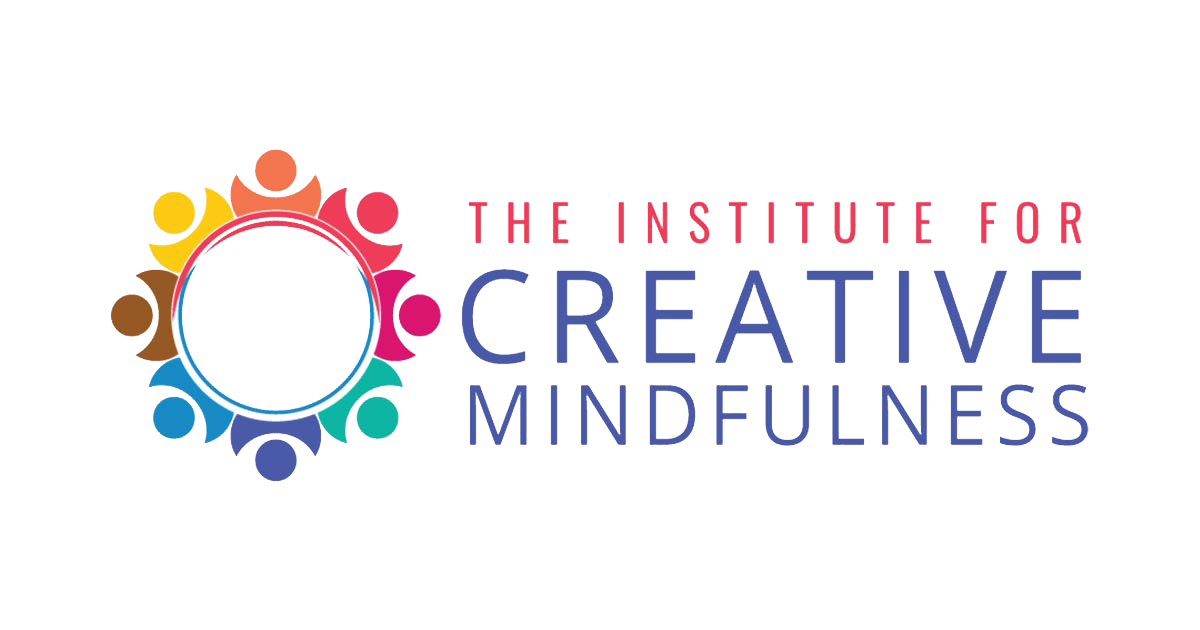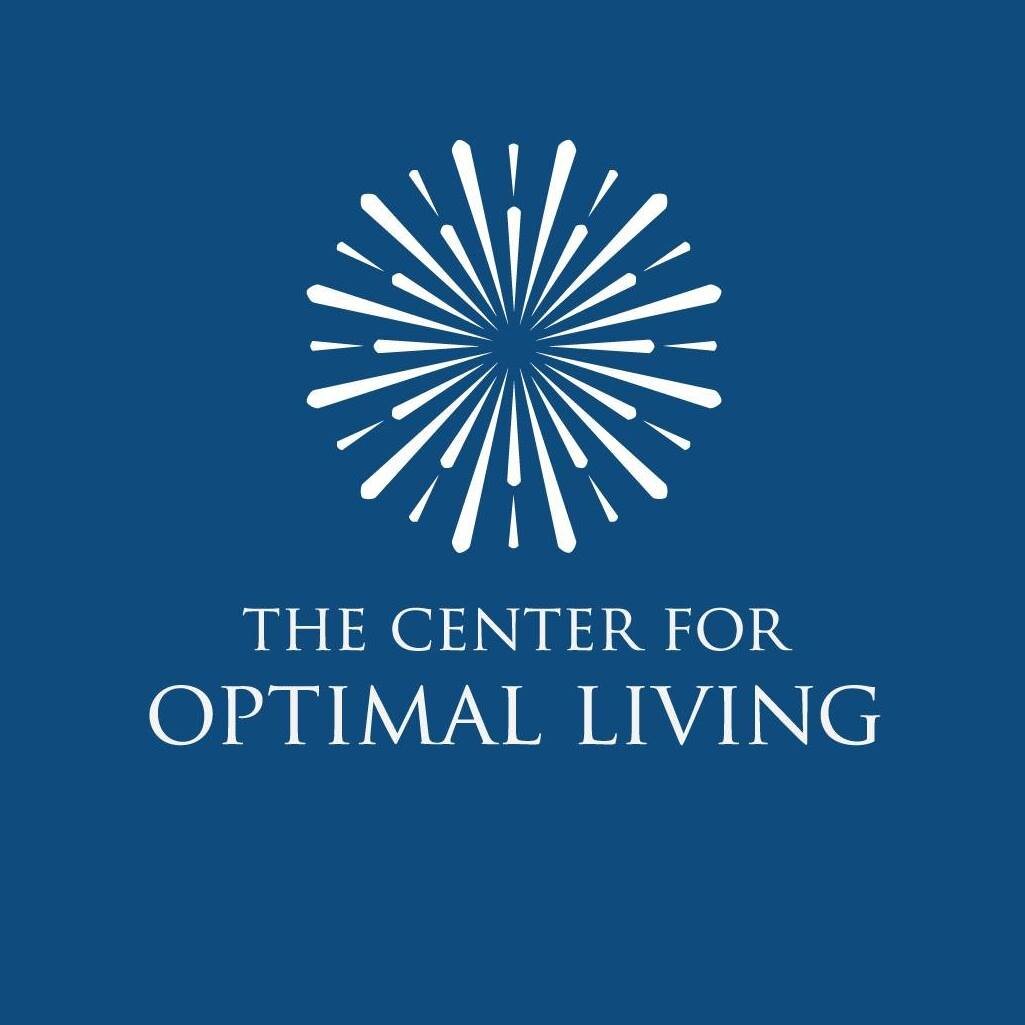“As a therapist, a consultant and a workshop facilitator her style is relaxed, responsive, curious, affirming, and enthusiastically imperfect.”
Practice Philosophy
At NYC Trauma Therapy, therapeutic work is rooted in a deep commitment to learning, listening and teaching as much as we can about the way our minds, bodies and hearts respond to stress.
Our clients have many different kinds of diagnosis’s (or none at all). They’re seeking a trustworthy confidant in their pursuit of post traumatic growth. A therapist will never understand your experiences as well as you do, so we aim to collaborate. We love working to make the stuff that’s available to us as a clinicians accessible to you in practical ways.
Practice Values
Sydney (our founder) entered the world of mental health as a social worker and a person who’d been through mental health struggles. She was passionate about the idea that people receiving mental health services should be empowered in their experiences with the mental health system. While she draws from psychology, mindfulness, and philosophy, her focus is always practical: helping people feel more grounded, clearer, and more at home in themselves.
Our practice is now fully staffed by therapists and humans who have both lived experience (of being on the receiving end of therapy services) and a wealth of professional and research experience. We think both are important.
Offerings
Training & Experience
Sydney is an NYU-educated contemplative trauma therapist who’s been teaching mindfulness for over 15 years. She’s worked with and created wellness education for kids aging out of foster care, priests who provided pastoral care, incarcerated teens, corporate lawyers on wall street, guests in The Standard Hotel penthouse in NYC, and people everywhere in between.
We continually seek out specialized trainings in addition to looking for feedback from community. We try stay informed about the latest healing modalities, but also draw from evidence based frameworks.
Key Areas of Expertise: Motivational Interviewing, EMDR, Affirming, Client Centered, Trauma Informed & Trauma Focused Therapy.
Advanced Clinical Training
Psychedelics In Clinical Practice - The Center for Optimal Living
Transformational Chairwork - Dr. Scott Kellog
Come As You Are - Emily Nagoski
EMDR - The Center for Creative Mindfulness
Motivational Interviewing with Sturtevant at The Kripalu Center
CBT Interventions - NYU
Creative Arts Therapy Intensive - NYU
Dance Therapy Intensive - The New School
University of Medicine and Dentistry in New Jersey - Substance Use and Abuse
University of Medicine and Dentistry in New Jersey - Youth Substance Use: Dual Diagnosis
Strengthening Families Program - The Lutra Group
Education and Affiliations
Master of Social Work - NYU
B.A. Psychology and Sociology - New School
A.A. Social Work - County College of Morris
Certified Holistic Health Coach - Institute for Integrative Nutrition
ASDAH - Association for Size Diversity & Health
The Buddhist Recovery Network
Generation Meditation at Mindful NYU
Yoga and Meditation
The Lineage Project - 20 Hour Training Intensive
Restorative Yoga & The Central Nervous System - Yoga Vida
200 Hour Yoga Teacher Training - Laughing Lotus
Workplace Wellness Meditation Teacher Training - Exubrancy
Year-long meditation Instructor and Secular Buddhist Program - The Interdependence Project:
6 Weeks in Continuous Meditative Practice - Insight Meditation Society Retreat
Buddhism, Trauma and Neuroscience - Jim Hopper









